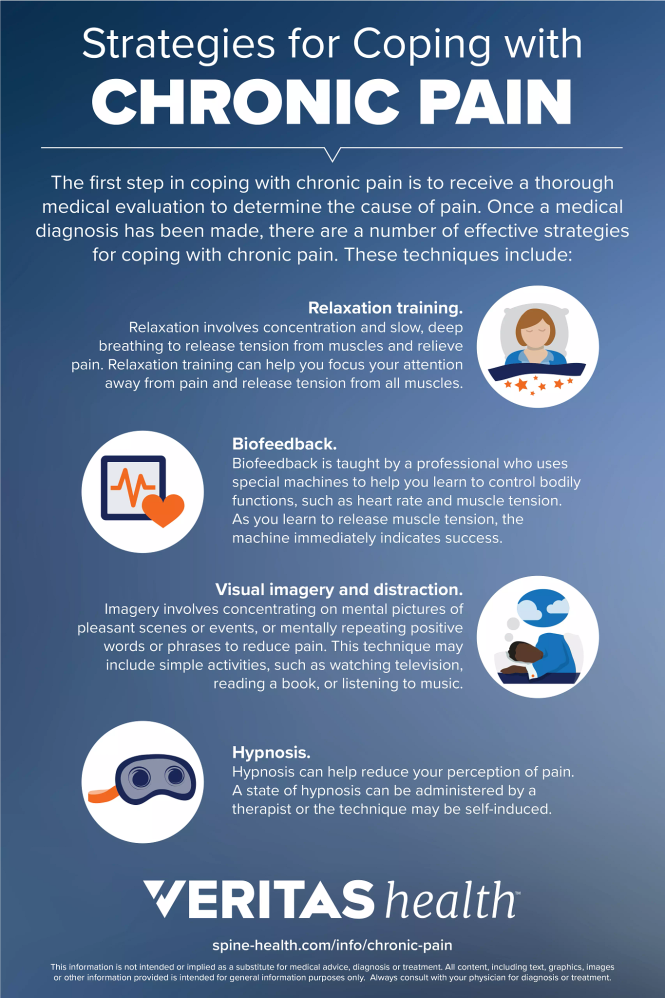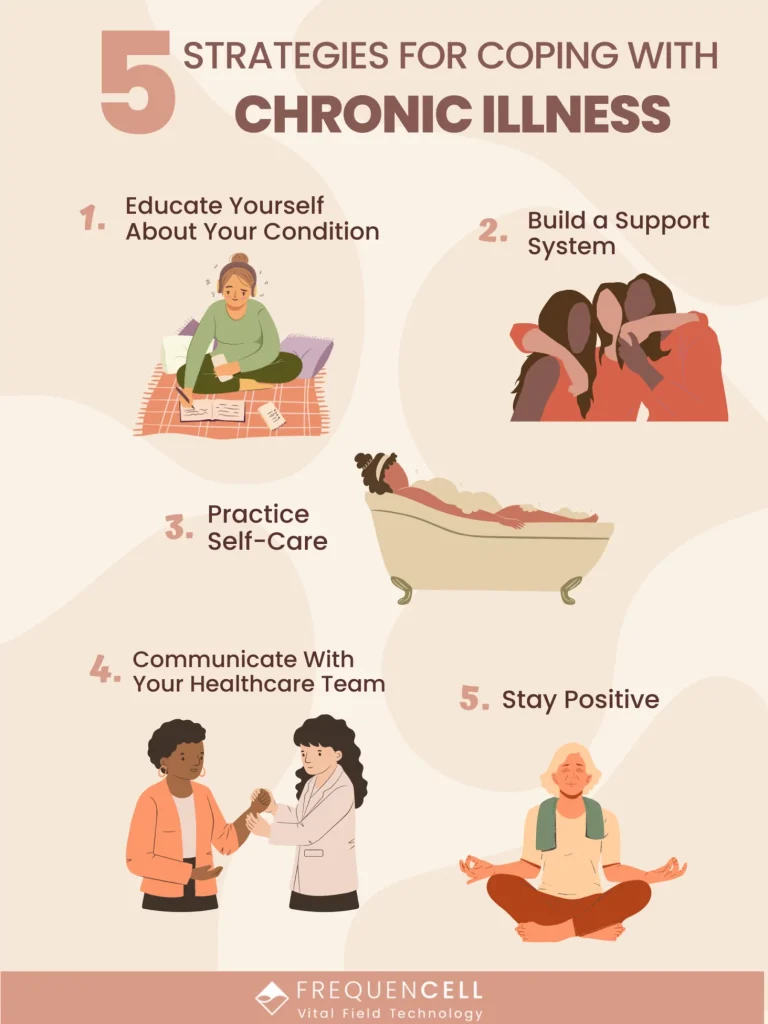

The emotional toll of long-term treatments is a critical yet often overlooked aspect of managing chronic conditions. For many individuals facing prolonged treatment regimens, the emotional burden can be just as significant as the physical challenges. This comprehensive guide delves into the complex emotional landscape of chronic conditions, exploring the impact on mental health, coping strategies, and supportive resources. The emotional toll can significantly impact a patient’s well-being and quality of life. This article will examine various aspects of this emotional burden, offering practical insights and actionable solutions for managing the emotional impact of treatment. We’ll cover strategies for managing stress, improving emotional resilience, and building strong support systems. The structure will be as follows: a detailed overview of emotional stress and its impact, exploring specific examples of emotional distress with chronic diseases, strategies for building emotional resilience, and finally, resources for support and coping mechanisms.
Understanding the Emotional Landscape of Chronic Conditions
The Overlooked Emotional Dimension
The emotional toll of long-term treatments often overshadows the physical aspects of chronic conditions, affecting mental health significantly. Patients facing ongoing treatment regimens often experience a range of emotions, from anxiety and fear to frustration and anger. This emotional burden can significantly impact a patient’s ability to cope with their condition and engage in daily activities. These feelings may stem from uncertainty about the future, concerns about treatment side effects, and the need for ongoing management. The emotional toll may sometimes be more debilitating than the physical symptoms, impacting a person’s motivation, sleep, and overall well-being. Chronic conditions often involve periods of intense physical and emotional distress. Many studies demonstrate that the emotional consequences can lead to further complications and reduced adherence to treatment plans. The emotional impact can manifest in various ways, including feelings of isolation, despair, and social withdrawal.
The Physical-Emotional Connection
Chronic conditions often impose significant limitations on daily life, and these limitations can contribute significantly to emotional distress. The impact of physical symptoms, such as pain, fatigue, or mobility issues, can significantly impact mood and self-esteem. This constant physical burden can lead to feelings of helplessness and frustration, further complicating emotional management. The complex interplay between physical and emotional well-being needs to be acknowledged to address the multifaceted challenges of chronic conditions.
Acknowledging the Emotional Impact
Healthcare professionals often underestimate the emotional toll associated with long-term treatments. This oversight can hinder effective treatment strategies and lead to poorer patient outcomes. Addressing the emotional impact is not merely a matter of sentimentality; it’s a critical part of comprehensive care. When patients feel supported emotionally, they are often better equipped to manage the physical aspects of their condition as well. Consider a patient with diabetes who struggles with the daily regimen of blood sugar monitoring and insulin injections. If they also experience anxiety about the potential long-term complications of the disease, their coping mechanisms may be diminished.
Coping Strategies for Emotional Resilience
Building Emotional Resilience
Building emotional resilience is crucial for managing the emotional toll of long-term treatments. Techniques like mindfulness, meditation, and stress-reduction exercises can significantly alleviate feelings of anxiety, frustration, and isolation. These techniques help patients to focus on the present moment, promoting calmness and emotional regulation. Practicing self-compassion and acknowledging the emotional challenges of their situation is also vital for individuals dealing with chronic conditions. Seeking support groups or counseling can provide a safe space to share experiences and develop coping mechanisms. Studies indicate a strong correlation between emotional resilience and improved patient outcomes. This allows them to develop healthy coping strategies. Examples include mindfulness, journaling, engaging in hobbies, or seeking therapy.
The Importance of Support Systems
Creating a Supportive Network
Strong support systems are essential for managing the emotional toll of long-term treatments. These systems can include family, friends, support groups, and healthcare professionals. Patients and caregivers can benefit immensely from connecting with others who understand the challenges of living with chronic conditions. Support groups provide a sense of community and shared experience, helping individuals feel less isolated and better equipped to manage the emotional burden. Professional therapists and counselors can provide personalized strategies and coping mechanisms for addressing anxieties and frustrations associated with long-term treatments.
Seeking Professional Help
The Role of Therapy
Seeking professional help is a crucial step in managing the emotional toll of long-term treatments. Therapists and counselors can provide personalized strategies for managing stress, anxiety, and depression. Cognitive behavioral therapy (CBT) and other therapeutic approaches can help patients develop coping mechanisms and identify negative thought patterns that contribute to emotional distress. Therapy can provide a safe space to process emotions and develop strategies to manage the emotional challenges of chronic conditions. This helps improve overall well-being and promote long-term adherence to treatment.
Addressing Specific Challenges
Managing Treatment-Related Anxiety
Many patients experience anxiety related to the treatment process. The uncertainty surrounding the effectiveness of treatments, potential side effects, and long-term prognosis can contribute to anxiety. Addressing these concerns directly with healthcare professionals is crucial. Open communication and a strong physician-patient relationship can help manage these anxieties. Educational resources about the condition and treatment options can also alleviate worries and promote a sense of control.
What are the most effective coping mechanisms for patients with long-term treatments?
Effective coping mechanisms for patients with long-term treatments include mindfulness exercises, stress reduction techniques, healthy lifestyle choices, and engaging in activities that promote enjoyment and relaxation. Regular exercise, balanced nutrition, and sufficient sleep can also significantly improve overall well-being. Creative outlets, hobbies, and spending time in nature are also valuable coping strategies. A combination of these approaches provides a comprehensive strategy to manage the emotional toll of long-term treatments.
What support systems are available for patients facing chronic illness?
Support systems for patients facing chronic illness include family, friends, support groups, and mental health professionals. Support groups offer a unique opportunity to connect with others who understand the specific challenges and emotional aspects of the condition. Mental health professionals like therapists and counselors can provide personalized strategies for managing emotional distress. Family and friends also play a critical role in providing emotional support and encouragement.
Frequently Asked Questions
How can I manage the emotional stress of chronic conditions?
Managing the emotional stress of chronic conditions requires a multi-faceted approach. This includes building emotional resilience through techniques like mindfulness and meditation, fostering strong support systems, and actively seeking professional help when needed. Chronic conditions often lead to stress, anxiety, and uncertainty. Taking proactive steps, such as establishing support groups or seeking counseling, can effectively manage these emotional responses. Remember, acknowledging your emotions and seeking help is a sign of strength, not weakness.
In conclusion, navigating the emotional toll of long-term treatments requires a proactive approach to self-care, support systems, and a positive mindset. Understanding the emotional rollercoaster and actively seeking coping mechanisms is crucial for patients and their loved ones. Remember, you’re not alone in this journey, and professional support can be invaluable. Reach out to a therapist or counselor for personalized strategies to manage stress, anxiety, and the emotional challenges that accompany chronic conditions. By prioritizing your mental health alongside your physical health, you can significantly improve your overall well-being and quality of life. Learn more about emotional well-being for chronic illnesses with our comprehensive guide available on our website.